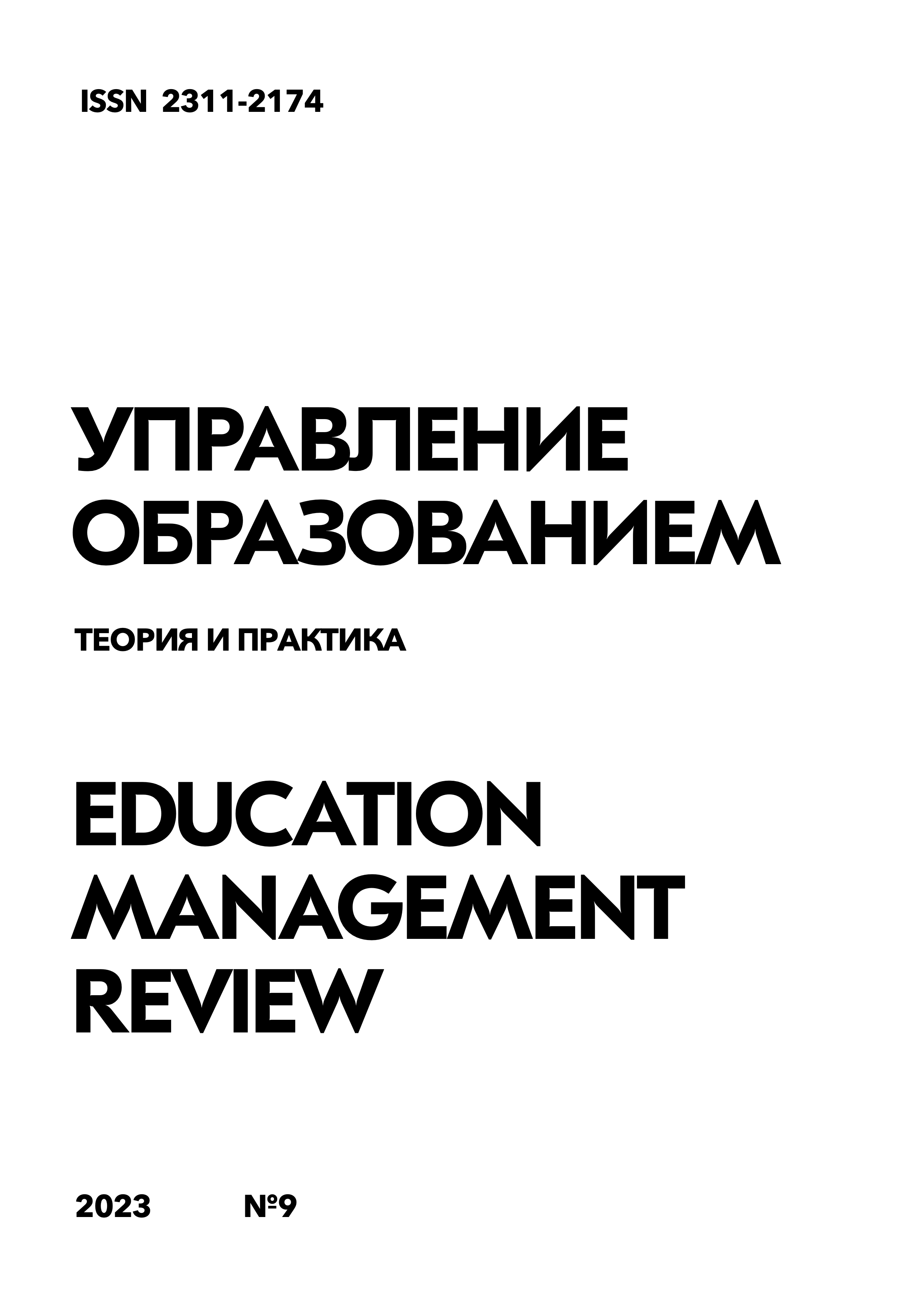On the development of modern music in the style of "artificial intelligence" (artificial intelligence) in Russia at the beginning of the XXI century
DOI:
https://doi.org/10.25726/s7786-6355-2022-tKeywords:
artificial intelligence, music, development, structure, formationAbstract
With the development of technologies around the world, scientists and researchers are developing more and more innovative projects: people are beginning to be interested in developments in the field of artificial intelligence and virtual reality. Most people are looking for help in computer technology, but at the same time they are afraid of it, because the increase in the level of digitalization can lead to a partial replacement of human labor. The fact that artificial intelligence in the future may cause the death of human civilization, in April 2017, said the famous British scientist Stephen Hawking. At the same time, a big threat is the performance of the work that a person is currently doing. Up to 800 million workers worldwide could lose their jobs due to the introduction of robots and automation by 2030, which is equivalent to more than one fifth of the workforce. Such data were provided after a scientific study conducted by McKinsley, which covered 46 countries and more than 800 professions. As a result of the study, it was determined that if your work is related to processes that can be performed by artificial intelligence, then you should think about changing your profession or retraining. Great advantages are those in which the work is associated with creativity, that is, with writing unique texts, creating various types of media products, and so on. Developments in the direction of creative intelligence are not developing as fast as in the direction of artificial intelligence. The purpose of the presented work is to determine the areas of activity that fall under the risk of being replaced by creative intelligence in the near future.
References
Воскресенская Е.В., Ворона-Сливинская Л.Г., Лойко А.Н. К вопросу о правовой природе результатов деятельности искусственного интеллекта // Colloquium-journal. 2019. № 5-6 (29). С. 7-8.
Калиновская И.Н. Практические пути применения нейронных сетей в когнитивном маркетинге // Экономика. Управление. Инновации. 2020. № 1 (7). С. 61-65.
Калиновская И.Н., Яшева Г.А. Технологии искусственного интеллекта при составлении плей-листов фоновой музыки фирменных магазинов // Big Data and Advanced Analytics. 2020. № 6-2. С. 165-171.
Капульцевич А.Е. Искусственный интеллект: преобразование информации в слуховом анализаторе // Евразийское Научное Объединение. 2020. № 4-2(62). С. 102-106.
Попова А.В., Горохова С.С., Азнагулова Г.М., Абрамова М.Г. К вопросу об определении роли искусственного интеллекта в музыке // Проблемы музыкальной науки. 2020. № 2 (39). С. 7-17. DOI: 10.3377/2587-6341.2020.2.007-017.
Протас Е.В., Павлюченкова С.Е. Правовое регулирование авторских прав на произведения, создаваемые искусственным интеллектом // Право и образование. 2021. № 4. С. 88-94.
Рабинович М.И., Варона П. Математика сознания // Известия высших учебных заведений. Прикладная нелинейная динамика. 2017. Т. 25. № 3. С. 5-51. DOI: 10.18500/0869-6632-2017-25-3-5-51.
Растопчин А.С. Создание музыки как раскрытие интенциональности искусственного интеллекта // Российские педагогические ассамблеи искусств в Магнитогорске. 2019. № 25. С. 57-60.
Трипузов М.Г., Позднякова Т.И., Стародубцева И.В., Кирьянов И.Е. К вопросу определения функциональных подходов использования машинного обучения в развитии обучающих систем в зеркале индивидуального обучения музыке // Педагогический журнал. 2021. Т. 11. № 1-1. С. 307-316. DOI: 10.34670/AR.2021.35.79.038.
Толстых В.Н. Пятый элемент в математике // Парадигма: философско-культурологический альманах. 2020. № 32. С. 108-124.
Ненашева Е.А. Искусственный интеллект - прогнозы на 2019 год // Информационные технологии. Проблемы и решения. 2019. № 1 (6). С. 71-74.
Уланова А.Е. Проблема авторства и особенности человеческого восприятия (о творчестве искусственных нейронных сетей) // Контекст и рефлексия: философия о мире и человеке. 2020. Т. 9. № 1-1. С. 115-121. DOI: 10.34670/AR.2020.47.1.036.
Фазылова Э.Ф. Л-системы в музыке // Молодежный научно-технический вестник. 2015. № 8. С. 13.
Шакирова Ю.К., Савченко Н.К., Абилдаева Г.Б., Маденова А.Е. Искусственный интеллект в обучении // Дистанционное и виртуальное обучение. 2015. № 1 (91). С. 13-18.
Янгульбаева Л.Ш. Трансформация рынка информационных услуг в условиях цифровой экономики // ФГУ Science. 2021. № 2 (22). С. 109-113. DOI: 10.36684/37-2021-22-109-114.




